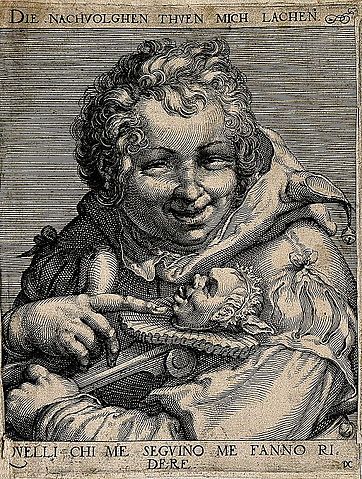Date: December 28, 1767
“Friends, countrymen, and fellow-citizens” of Britain! “A very little time will convince you that my sole motive for addressing you, was the hearty good wishes, and sincere desire I ever shall have of” serving myself. “At that time I” tho’t “I saw nothing but hurry and confusion taking place” – “many mouths open” – “threats high against the officers that were expected over to regulate the trade” – “Watchers were employed to give intelligence of their arrival” – “all was hurry and confusion I say” – at least in my head – “that was the time I first” and last “addressed you, my countrymen,” “and these are the laudable motives by which I am actuated”, “and these alone shall be the Basis of my future proceedings.” “Desolation almost satiated herself in the time of the Stamp-Act, to the immortal shame and irreparable injury of my country.” Actuated by these dreams and visions in my late cold night-walking, I determined to dub myself the True Patriot of North-America, and to sally out with my bow, arrow, and spear, against those “princely gentry the Junto, in frocks and trowsers.” “And if I have not stopped their virulence, I have checked their vehemence, and broke their measures.” And having sufficiently provoked them, according to my usual custom, beg a truce, and promise on the word of “the true Patriot, and in conformity to this declaration, that for the sake of restoring peace and harmony,” “I will not till next Thursday or Monday answer any of the Junto or Cabal,” “let them be ever so irritating in the mean time.
A True Patriot.”
Source: Boston Gazette, December 28, 1767. “Jester Introduces a Character” is from a series of grotesque 18th century or earlier line engravings, cataloged as 3233i by the Wellcome Trust images in the UK. The Boston Gazette did not illustrate op-ed letters to the editor. I show it here merely to amplify the overall theme.
Commentary: After an absence of over six months from writing pseudonymous political newspaper op-ed pieces as Paskalos, this may be Warren’s playful return. Apparently impersonating a loyalist writer of previous months – A True Patriot of Swanzey – he lampoons the Friends of Government writer and his opponents’ positions by providing a collage of quotes from previously published Loyalist letters, rearranged to make then ridiculous. Warren here co-opts the pseudonym A True Patriot for the Boston Gazette, distinguishing himself from the similarly named Loyalist writer by distinctly Whig content, dropping the “Swanzey” identifier, and employing a subtle difference – upper case for “True.”
In the months following the last appearance of Paskalos in the Boston Gazette, young Dr. Joseph Warren was busy professionally, personally, and politically. His medical practice grew, eldest child Elizabeth had been born about 1765 and son Joseph was on the way, and his name appears on the October 1767 Non-consumption Agreement. I infer that Warren became a radical Whig during the Fall of 1767. His earlier writings- as B.W., Paskalos, and the anti-Dr. Young Philo Physic – suggest more moderate Whiggish and independent leanings than he exhibits from late 1767 onwards.

 Follow
Follow